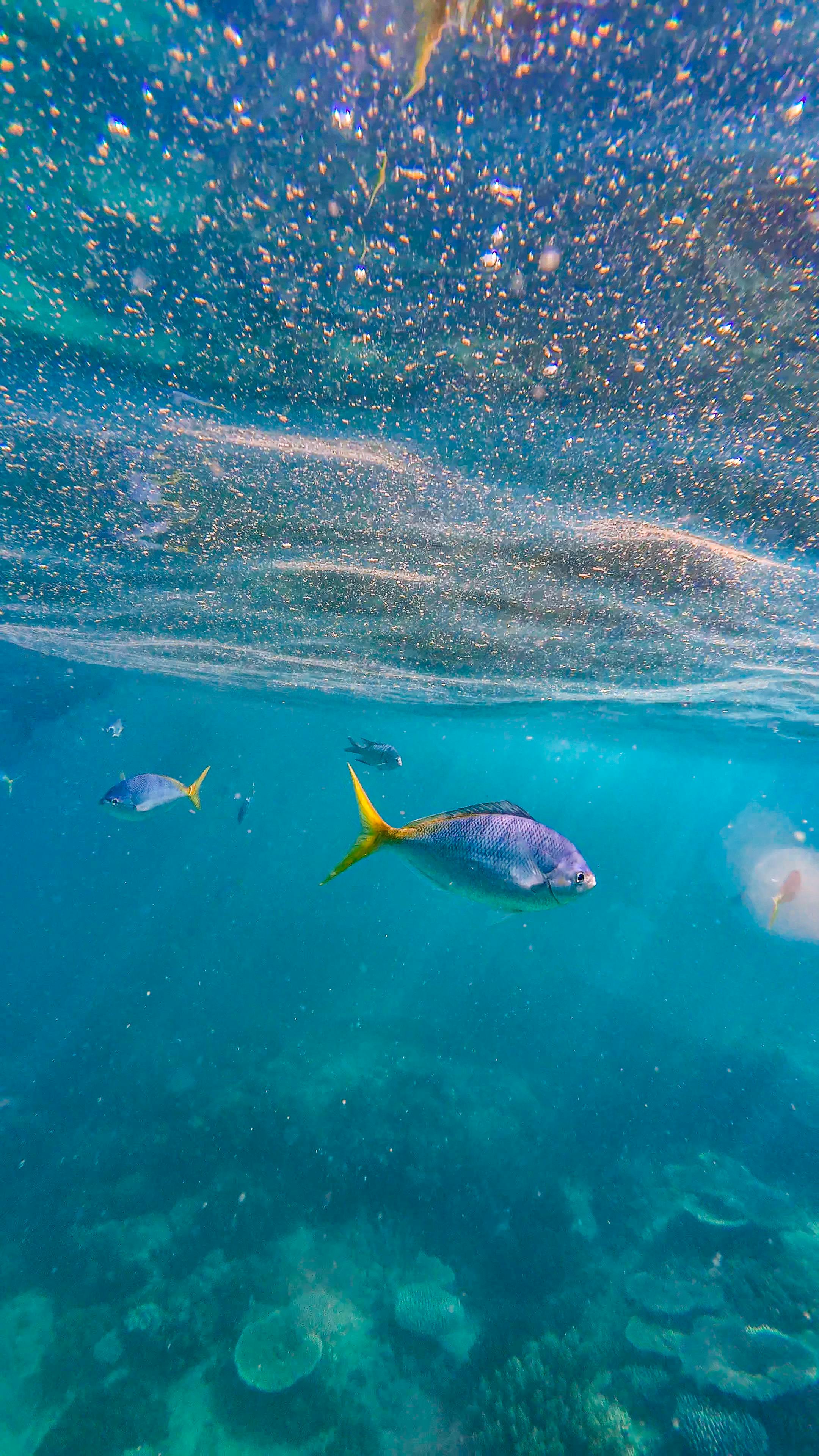Effective Ways to Choose Angel Fish Food for Optimal Growth

Effective Ways to Choose Angel Fish Food for Optimal Growth
Choosing the right food for your angel fish is crucial for their health, growth, and overall well-being in your aquarium. Angel fish, being tropical species, have specific dietary needs that require attention. Providing them with a balanced diet ensures not only their optimal growth but also enhances their vibrant colors and longevity. In this article, we will explore the various types of angel fish food, their nutritional value, and how to effectively feed them to promote their growth.
Understanding the right foods, including flake food for angel fish, pellets, and live food, will help you make informed decisions that suit their feeding habits and specific nutritional requirements. We will cover important aspects including feeding tips, feeding schedules, and the best food brands available in the market.
As we dive into these topics, remember that the right diet contributes significantly to the health of your angel fish. Choosing high-quality food tailored to their needs will lead to improved health, better color, and successful breeding if you plan to enhance your aquarium's population.
Key Takeaways: Selecting quality food for your angel fish involves understanding their nutritional needs, exploring various food types, and establishing a feeding routine that promotes their growth.
Understanding Angel Fish Nutrition for Optimal Health
Building on our overview of angel fish dietary needs, let’s dive deeper into the nutritional requirements essential for their health. Angel fish require a well-rounded diet that includes protein, vitamins, and minerals. Each of these nutrients plays a vital role in their growth and overall function.
A high-protein diet is crucial, particularly for young angel fish and breeding pairs. Protein serves as a building block for growth and development. For adult angels, food rich in nutrients will accompany their dietary needs. It's advised to incorporate both high-protein pellets and qualitative flakes to ensure they receive the necessary vitamins and minerals.
Additionally, incorporating items such as spirulina for angel fish and algae wafers can enhance their coloration and support digestive health. Spirulina, a natural algae, is particularly beneficial for angels, offering essential amino acids and nutrients.
The balance of various food types is essential for optimal health. Relying solely on one type of food is not advisable; a varied diet not only aids in fulfilling all their dietary needs but also mimics the natural feeding patterns that angel fish would typically exhibit in the wild.
Diverse Food Types for Angel Fish
When it comes to selecting the best angel fish food types, there are several options available. Each type has its pros and cons that can influence your choice based on your fish's specific needs.
Flake food is often the most popular choice among aquarists. It is easy to feed and provides a balanced diet. However, it's essential to select high-quality flakes since some brands may lack critical nutrients. Flakes are practical, especially for adult fish, as they can easily consume them at the water's surface.
Pellets for angel fish are another excellent option. They are often more nutritious than flakes due to their higher density and stability in water. Some pellets are specially formulated for angel fish, containing higher protein and essential nutrients that fish require at various growth stages.
Live food, such as frozen brine shrimp or frozen daphnia, serves as a great treat, providing immense nutritional benefits and mimicking their natural diet. Live food enhances their hunting instincts and encourages natural feeding behavior, making it a popular choice for many fish owners. However, relying exclusively on live food is not recommended.
Lastly, consider including nutritional supplements for angel fish in their diet to improve their overall health and coloration. This can include vitamin-enriched food options or specific supplements aimed at enhancing fins and scales.
Establishing Feeding Habits and Schedules
Understanding angel fish feeding habits is crucial for their well-being. Angel fish are known to be opportunistic feeders, which means they will eat when food is available. However, this can lead to overfeeding if not monitored closely.
Establishing a consistent feeding schedule is a fundamental part of keeping your angel fish healthy. Typically, feeding them once or twice a day is sufficient for adults. Ensure that each feeding session offers only what they can consume within a few minutes to prevent over-exertion on their digestive systems, and also to maintain aquarium cleanliness.
You can adjust frequency based on the age and health of the fish. Young angel fish may need feeding more often, about two to three times a day, but with smaller portions. Monitoring their activity and appetite will assist you in fine-tuning their feeding schedule as you observe their growth stages.
For prepared foods, both flakes and pellets will float initially; however, they will sink as fish tend to forage along the bottom. Therefore, a **complementary feeding approach** might include offering a mixture of both floating and sinking foods to ensure every fish in the tank can feed adequately.
Choosing the Right Food Brands and Products
With the abundance of angel fish food brands on the market, selecting high-quality products can seem daunting. Not all foods are created equally, and it's important to research the ingredients list to ensure nutritional adequacy. Key considerations include examining the source and quality of protein, and the presence of beneficial additives.
Initially, you might look for trusted brands that have produced healthy food for angel fish for years. Product reviews from fish dealers or current owners can also provide insight into which brands are effective for promoting growth and maintaining health.
Brands with a reputation for using high-quality fish meal and avoiding fillers will generally provide better nutrition and result in healthier fish. Look for products that specifically cater to tropical fish diets, which will ensure that the food matches the angel fish’s dietary preferences.
Utilizing homemade tropical fish food recipes can also be rewarding. By making your food, you can control the ingredients and nutrient content. However, this requires consideration of proper dietary balance and using trustworthy ingredients to provide the required nutrients.
Lastly, pay attention to packaging and expiration dates. Choosing fresh food will ensure optimal nutrition and prevent spoiling, which can affect your fish’s health negatively, leading to potential diseases.
Safety and Quality Control in Fish Food Ingredients
Understanding the safety of fish food ingredients is crucial for the health of your angel fish. Many fish foods may contain harmful preservatives or lower-quality protein sources. Reviewing ingredient analyses can help you determine if the food meets the nutritional value needed for your angels.
Branded foods that maintain transparent regulations regarding their ingredient sourcing and processing tend to offer better safety profiles. Look for brands that prioritize fresh, natural ingredients over artificial additives. Avoid any foods containing excessive fillers, as they do not add value to the diet of angel fish.
Moreover, consider understanding the processing levels of food. High-quality fish food typically undergoes minimal processing to maintain peak nutritional value. Avoid foods that contain by-products or unspecified animal proteins.
Regularly monitoring your fish after introducing new foods is advisable. Watch for any changes in feeding behaviors or digestive issues, as these could be signs of poor food quality or incompatibility with their systems.
Finally, adhere to best practices for fish food storage. Keep food in a dry, cool place, and ensure containers are tightly sealed to maintain freshness and prevent spoilage.
Avoiding Common Mistakes in Angel Fish Feeding
There are several common mistakes made in feeding angel fish that can deter their growth or even result in health complications. One frequent error is overfeeding, as mentioned previously. Not only does overfeeding lead to health issues, but it can also deteriorate water quality in your aquarium.
Another mistake is failing to vary their diet. Angels require a balanced assortment of foods to receive complete nutrition. Sticking solely to one type, whether it's flakes or pellets, can lead to dietary deficiencies.
Feeding fish unsuitable food can also result in digestive complications. Check that any food is specifically formulated for angel fish; feeding food intended for different species often neglects their unique nutritional needs.
In addition, adjusting the feeding temperature can impact their digestion; foods should be fed at optimal tank temperatures. Cold food can result in slower digestion and, subsequently, health issues.
Lastly, always ensure to clean up uneaten food promptly, as this can contribute to poor water quality. A well-maintained environment coupled with proper feeding strategies will greatly enhance your angel fish’s health.

Understanding Special Dietary Needs for Breeding Angels
As you venture into breeding angel fish, understanding special dietary needs is essential for maintaining their health and promoting a successful breeding environment. When breeding, the nutritional demands increase due to the stress of spawning and the energy required for both parents and fry.
Providing a diet rich in protein and essential nutrients during the breeding phase will facilitate healthy egg production and enhance fry survival rates. When preparing your breeding diet, ensure to include high protein fish food tailored for breeding.
Include nourishing options such as live food such as frozen brine shrimp, and other readily available foods that are protein-rich. You might incorporate vitamin-enriched foods, as these are crucial for parental care during and after spawning. It’s important that they have adequate energy reserves to care for their young.
Supplement their diet with different types of food to ensure they receive essential fats and vitamins to enhance their spawning success. Monitoring their response to varied diets is important during this phase.
After spawning, the fry will also require specialized food. Angel fish fry food often contains highly nutritious powdered formulas that can support their rapid growth. A variety of options including fine flake foods and live foods should be considered until they are large enough for standard pellets.

Q&A Section: Best Practices for Feeding Angel Fish
Q: How often should I feed my angel fish?
A: Generally, feeding your angel fish once or twice a day is sufficient. Young angels may need to be fed two to three times a day with smaller portions.
Q: Can I feed my angel fish homemade food?
A: Yes! Homemade angel fish food can provide beneficial nutrients but ensure a proper balance of protein, fats, and carbohydrates. Utilizing safe, quality ingredients is key to their health.
Q: What is the best food for young angel fish?
A: Young angel fish thrive on high-quality fry food, powdered flakes, and boiled egg yolk. As they grow, transitioning to larger foods like pellets will be necessary.
Q: Are algae wafers important for angel fish?
A: Yes, algae wafers contribute to a balanced diet and are beneficial for their digestive health. They are particularly good for adult angels and can be part of their varied diet.
Q: What supplements should I add to their diet?
A: Nutritional supplements can enhance the quality of their diet, including spirulina for color enhancements and vitamins for spawns. These supplements help in boosting their immune systems and overall health.